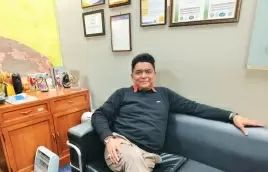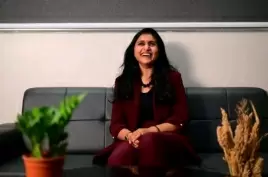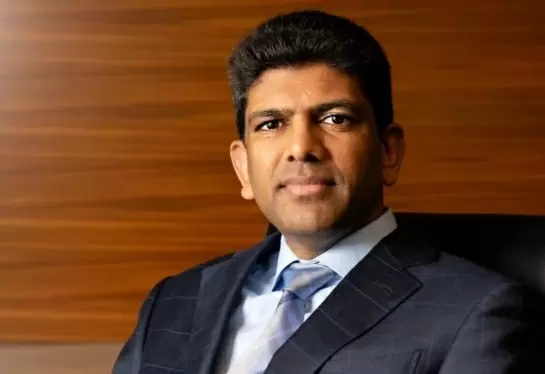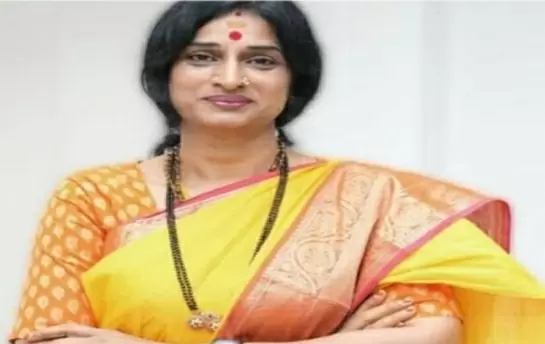Moved by a personal loss, this doctor entrepreneur built a Rs 105 crore turnover hospital chain in small towns

02-May-2016
Vol 7 | Issue 18
Years ago, a medical college student vowed to take specialised health care to small towns after he lost his mother to brain tumour, and today he is living his dream.
Dr Dinesh Batra, now 58, Director and Founder of Cygnus Hospitals, a growing network of super-specialty medical care centres in tier-2 and tier-3 towns in north India, grew up in Kurukshetra in Haryana, a small city, with dreams of becoming a doctor.
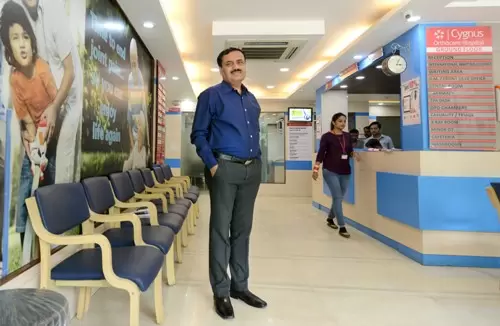 |
|
Dr Dinesh Batra, Director and Founder of Cygnus Hospitals heads a chain of 11 hospitals and plans to add another 14 by 2018 (Photos: Anju Pandey)
|
As a boy he saw how Dr Dua, an eye surgeon and a close friend of his father’s, received much more respect than any of his coevals. So much so that even the district collector, that revered government official, would rise from his chair to welcome the good doctor.
Dinesh found a role model in Dr Dua and, year after year, would scribble the word ‘doctor’ under ‘Bhavishya ki Kalpana’ (what I wish to be) in his school diary.
After his schooling from Gita School, where his father Dina Nath Batra was the principal, and a BSc from Kurukshetra University, Dinesh began to prepare for the PMT (Pre-Medical Test) on his way to fulfilling his dream.
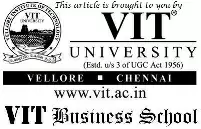 |
But it wasn’t going to be without trials and tribulations.
In June 1975 when the then Indian Prime Minister Indira Gandhi declared Emergency in the country, Dinesh’s father was put behind bars for opposing the government. His family had to vacate its residential quarters within 24 hours.
Soon the family was in dire financial straits. “My elder brother Rakesh, who was studying engineering, and I had to give tuitions to run the house,” Dr Dinesh recalls. Despite the hurdles, he cleared the PMT.
While he was still in Rohtak Medical College pursuing an MS (Master of Surgery), Dinesh’s mother Krishna developed a brain tumour.
There being no multi-specialty hospital in Kurukshetra, she had to be rushed to the All India Institute of Medical Sciences (AIIMS) in Delhi for treatment.
At AIIMS, Dinesh and other family members had to sleep on the floor, only to be kicked awake by hospital staff at odd hours.
“That year of my mother’s treatment taught me the kind of ethics medical staff should have,” he recalls. His mother did not survive her condition, but Dr Dinesh realised more than ever the need for intensive care, neurosurgery and cardiac facilities at the district level.
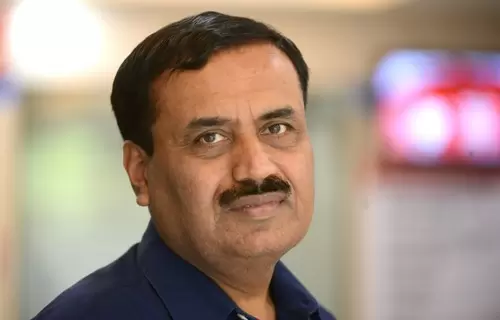 |
|
While his mother was treated at AIIM, Dr Dinesh and his family members slept on the floor. That experience strengthened his resolve to provide specialised health care at the district level.
|
In 1989, Dr Dinesh got his first job as surgeon at Mahalakshmi Hospital in north Delhi. After five years he moved to the charitable Brahm Shakti Hospital as Medical Director, rising to the post of CEO in ten years.
In December 2006, he joined Primus Hospital as its CEO and in 2011 he oversaw the opening of a Primus branch in Abuja, Nigeria.
In a foreign place, Dr Dinesh had much time for self-reflection and realised that the wish to take tertiary care to towns had never left him. “Why can’t we do it where it is needed the most?” he kept asking himself.
On his return to India after a few months in Abuja, he quit Primus in May 2011 and launched Cygnus Dwarka, a super-speciality hospital, five months later.
In April 2012, Dr Dinesh and the Altius Healthcare Pvt Ltd, which owned four hospitals in Nangloi, Vikaspuri and Pitampura in Delhi, as well as one in Panipat, Haryana, decided to work together to create a business model for taking super-speciality care to small towns.
Besides Dr Dinesh himself, Dr. Shuchin Bajaj (an MD in internal medicine), Dr Naveen Nishchal (an MD), Dr Sudhir Gupta (an MD in radiology) and Sunil Bhayana became Directors in Cygnus Medicare Pvt Limited.
Growth required investment, and it was on its way. In 2013, Somerset Indus Capital bought around 23 percent shares of Cygnus for Rs. 26 crore. About a year later, Fidelity Growth Partners India also purchased around 28 per cent for Rs.70 crore. With 51 per cent share of Cygnus with investors, the rest is held by promoters.
The business model of Cygnus Hospitals revolves around leasing underutilized units in tier-2 and tier-3 cities or assets created by a third party, and converting them into super-specialty hospitals to ensure secondary and tertiary care, where the latter represent the most advanced form of health care along with quaternary (organ-specific) care.
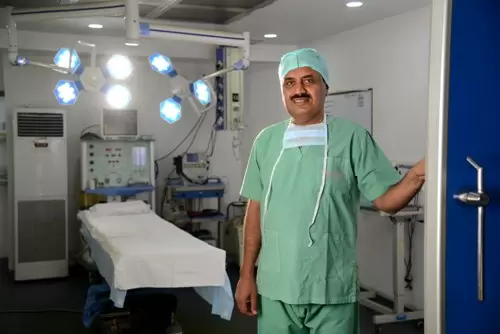 |
|
Dr Dinesh did his MS from Rohtak Medical College
|
Dr Dinesh puts his enterprise under asset-light business model. “We don’t invest in land and building. We lease on an ‘as is where is’ basis for 15 years and invest in manpower and equipment,” he says.
The company pays the salaries of the doctors and other staff, and spends on upgrading facilities. Cygnus shares 6 to 12 percent of its revenue with the trust or company that owns the building.
In all, the chain now has 11 hospitals: at Sonepat, Panipat, Bahadurgarh, Tohana, Karnal, Kurukshetra (Haryana), Bhatinda (Punjab) and four in Delhi. The group is set to take over a hospital each in Rewari and Kaithal, Haryana. This has become possible in less than four years.
Cygnus Hospitals, which specialises in cardiology, joint replacement, neurosciences, high-end critical care, laparoscopy and trauma, has a turnover of Rs 105 crore (2015-16) and 2000 employees on its rolls.
“A hospital is not like a factory. We cannot ask why the production is low. It is unethical to set targets for doctors,” says Dr Dinesh.
Interestingly, at Cygnus Hospitals it is the doctors who head management, innovation, business development, and operations verticals. Of the top six heads who form the fulcrum of management, four are doctors.
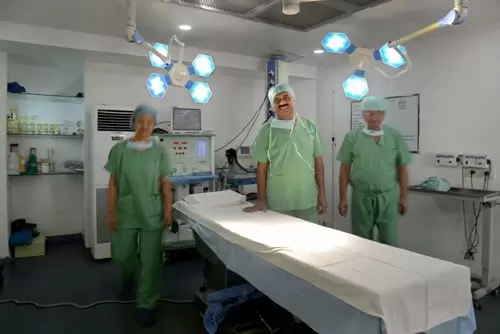 |
|
At Cygnus Hospitals, the top management roles are performed by doctors themselves
|
Dr Dinesh cites the examples of Dr Naresh Trehan (Medanta, Medicity), Dr Devi Prasad Shetty (Narayana Health) and Dr S.K. Lal (Dr. Lal Pathlabs) to reinforce that manager-doctors are needed at the apex to make the doctors practising in hospitals comfortable.
With such a venture, it is only fitting that Dr Dinesh is a voracious reader and likes to read books on philosophy and biographies of successful entrepreneurs.
“I have just read The Real-Life MBA by Jack and Suzy Welch of General Electricals, The One Minute Manager by Ken Blanchard and Stephen Covey’s The 7 Habits of Highly Effective People,” he says.
Between regular yoga and the gym, he also likes to spend time in the mountains, where he sits back and plans the future. His wife is a gynaecologist and sons Aditya and Siddhant are into IT engineering and communication studies.
According to him, the villages in India will still have to make do with primary care. While tertiary care is the first step, quaternary care would still be limited to metros in the coming years.
“There are close to 700 districts in the country. In every district, there is a need for 1,000 neuro-surgeries, 1,000 cardio-related interventions and 1,000 intensive care emergencies in a year,” he says.
Despite that kind of demand in quantity, rather than bullet-speed expansion, Dr Dinesh is keen on consolidating with 25 quality hospitals by 2018.
The math of the medical map in India is forbidding, but for Dr Dinesh care and challenges are twin roads to his destination.
This Article is Part of the 'Amazing Entrepreneurs' Series
MORE AMAZING ENTREPRENEURS
Raghunandan Kamath, Founder, Natural Ice Creams
Supriya Roy, MD, The Sugrarr and Spice
Aasife Ahmed, Founder, Aasife Biryani





